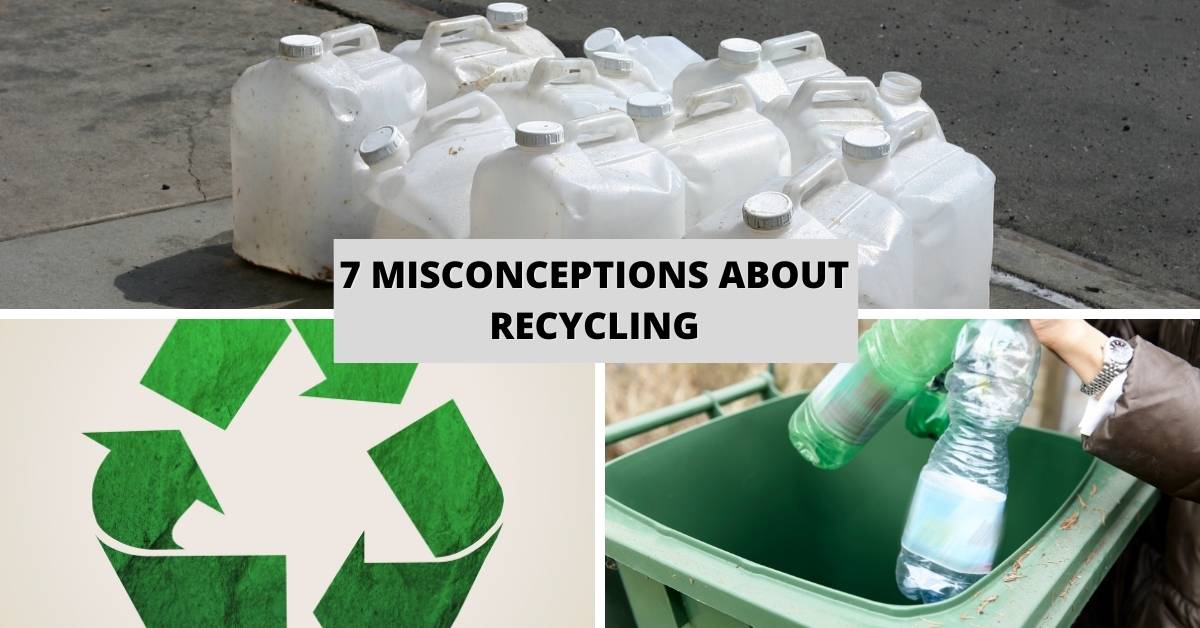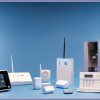The idea of recycling has been around for quite some time. Some people try their best to be environmentally friendly by practising recycling as best as they can. Most are aware of the repercussions of wasting our finite natural resources and possibly endangering the planet.
Thank you for reading this post, don't forget to the best blogger Guy About Home who offers the best garden and home improvement tips! If you are a home decor and design fan, don't miss the tips on home ideas. If you are a home garden owner, then you might be interest in our complete guides to house plants!
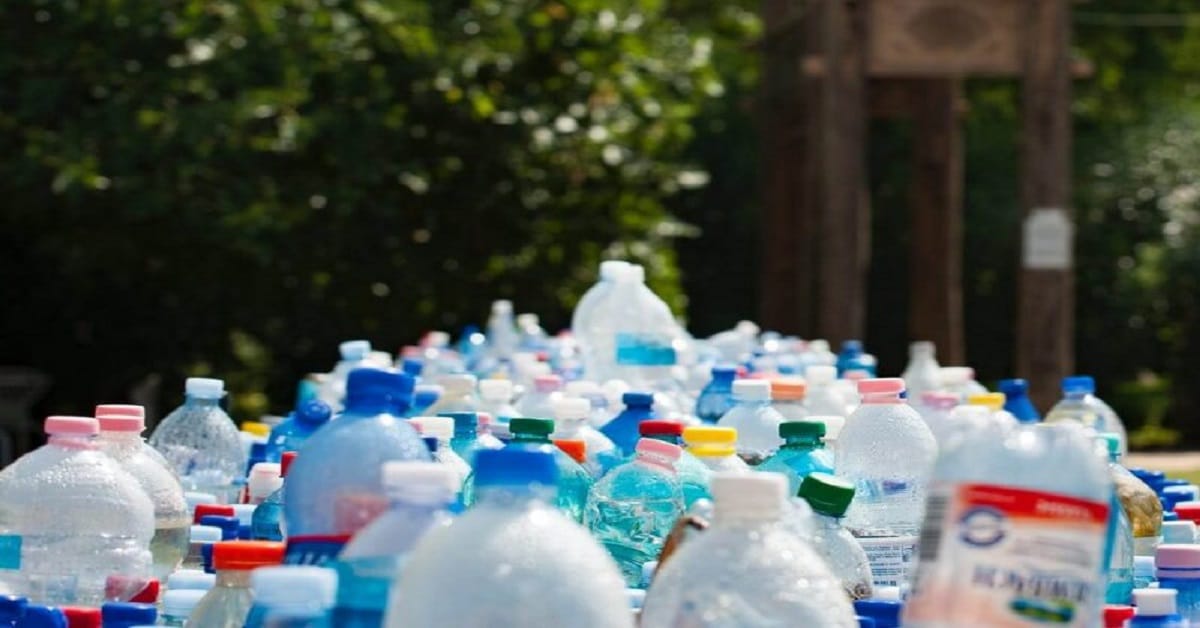
On the other hand, there are some that remain sceptical about the positive impact recycling has on our environment. Everyone needs to understand just how limited the world resources are. That is precisely we must reuse reduce and recycle the recyclable waste we consume.
Another simple but significant action is to start a compost pile at home which can reduce your trash up to thirty percent. It is true that the practice of recycling can sometimes be confusing. That is because recycling standards are different depending on where you live.
Different cities have varying levels of recycling capabilities, not all recycling plants have the same machines, hence the recycling misconceptions. We used to recycle only a limited assortment of waste, but due to improvements in technology, we are now able to recycle much more.
You don’t need to sort your recyclables
This recycling misconception stems from the lack of information people have about the intricacies of recycling. Some people are not too concerned about what needs to go into each separate bin. They dump their trash into any bin that they see fit and think it will get sorted.
Make sure to sort what you put into each bin correctly. This will help ensure that the waste deposited into each container will be properly recycled at the recycling plants and not just end up in landfills.
Unfortunately, if you add organic waste into a bin meant for glass or plastic recyclables, then that would end up contaminating the entire batch of recyclables. So instead of all the plastic and glass going through the recycling process, they would then be sent to the landfills.
Make it a point to rinse out the glass and plastic bottles you are adding to the recycling bin. This will ensure that each piece you throw into the recycling bin does get recycled.
Guide for what to throw into each recycle bin
Orange or Blue Lidded bin
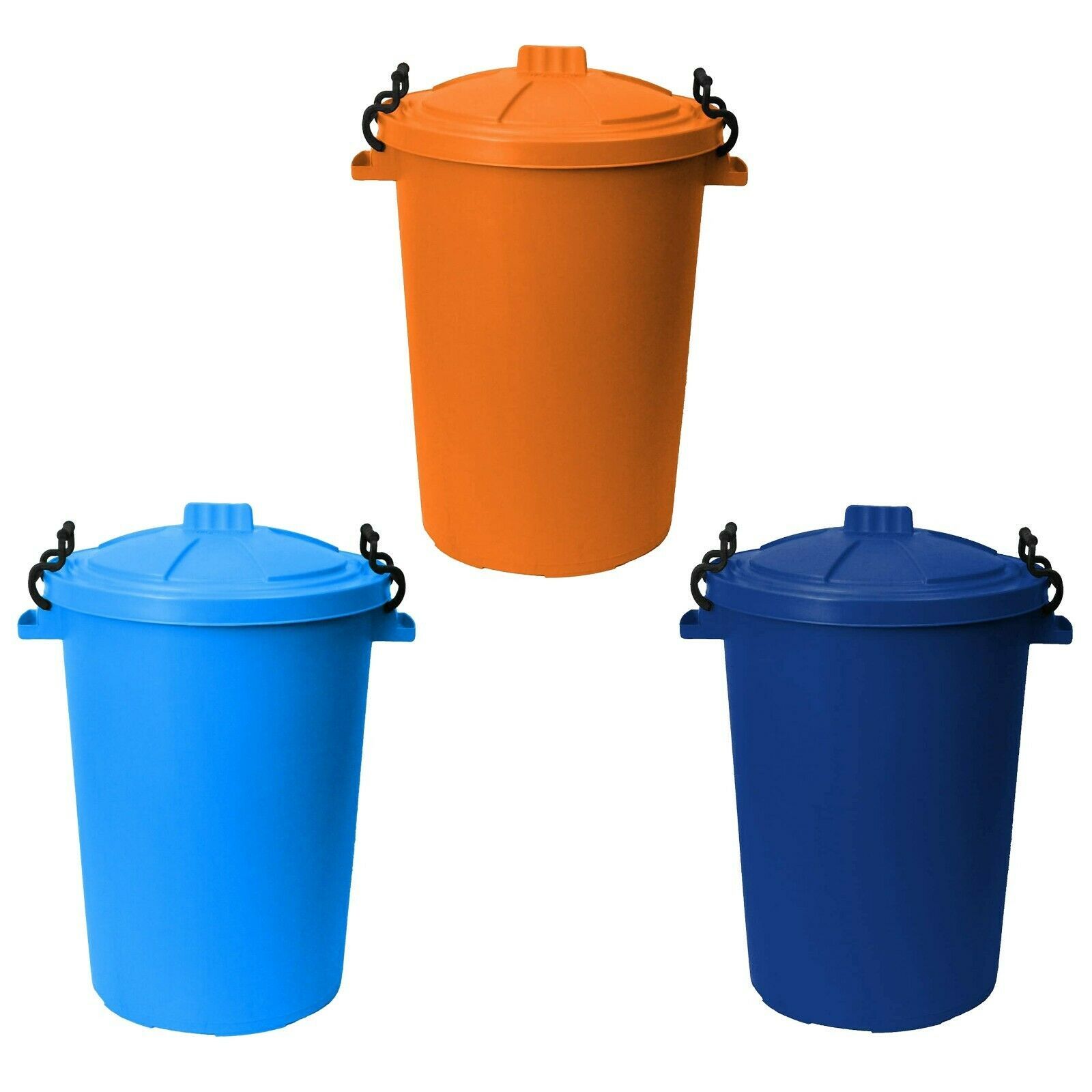
Image Source: Pinterest
This is picked up every two weeks like clockwork. All bins are collected on an alternate weekly basis. This particular bin is where you deposit the bulk of highly recyclable materials.
Cartoons, Paper and Cardboard
- Magazine
- Newspapers
- Junk mail
- Food and drink cartons
- Cereal boxes
- Meal boxes
- Cardboard packaging
Metal Packaging
- Aluminium drink cans
- Food tins
- Aluminium trays and foil
- Empty aerosol cans
Plastic food packaging
- Yoghurt containers
- Food containers
- Plastic packaging
- Plastic film
- Thick Plastic bags
Green or Brown Lidded bin
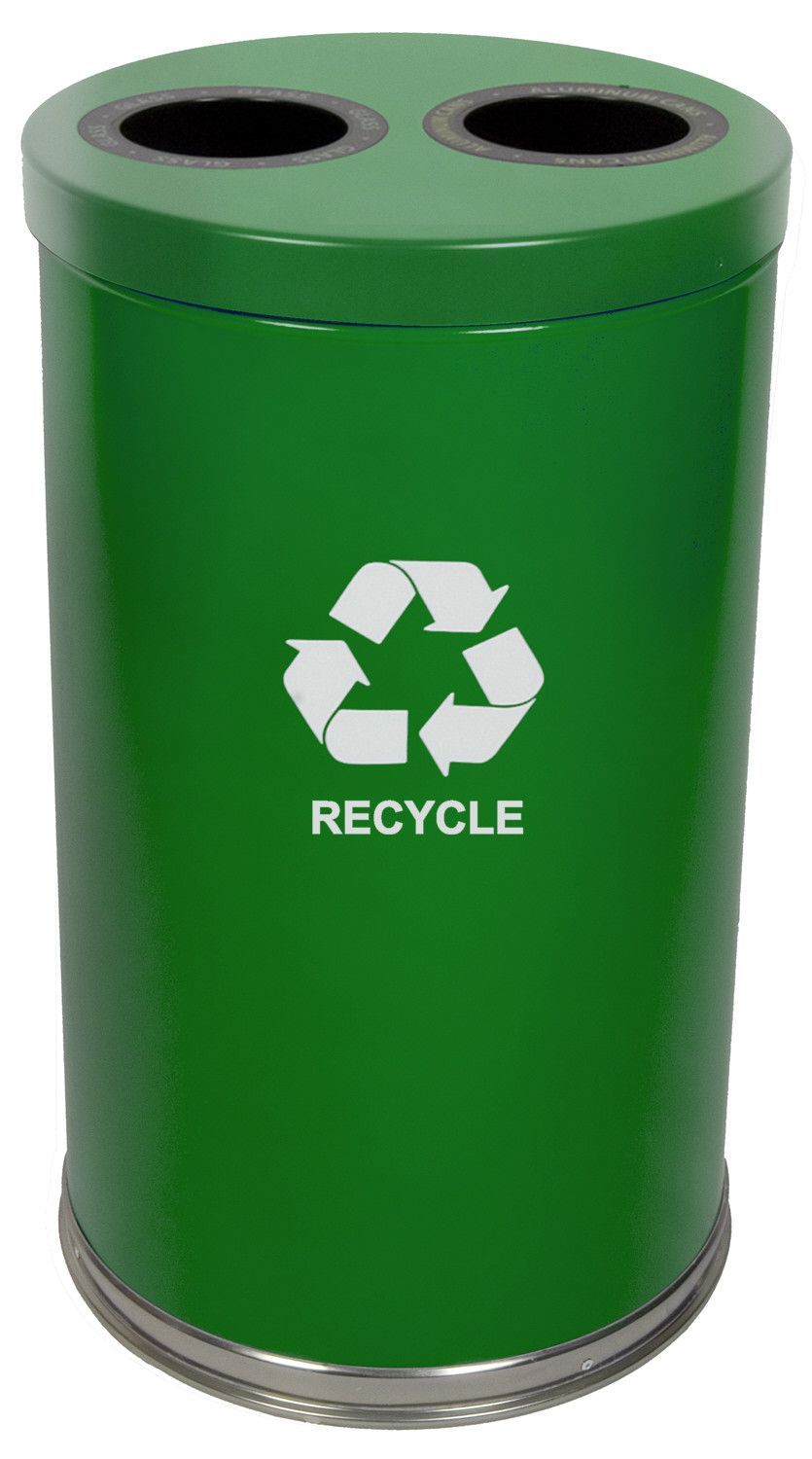
Image Source: Pinterest
In case you do not have a compost pile at home then this green lidded bin is where you throw all compostable waste products. All your garden waste go into this bin.
- Grass clippings
- Hedge clippings
- Plants
- Flowers
- Weeds
- Leaves
- Bark
NOTE: It is best to accumulate plastic bags from the grocery and return them to the store to be reused. Better yet bring your eco bags when grocery shopping. Stash a few in your car’s glove box or trunk and use when you go shopping.
Black Lidded bin
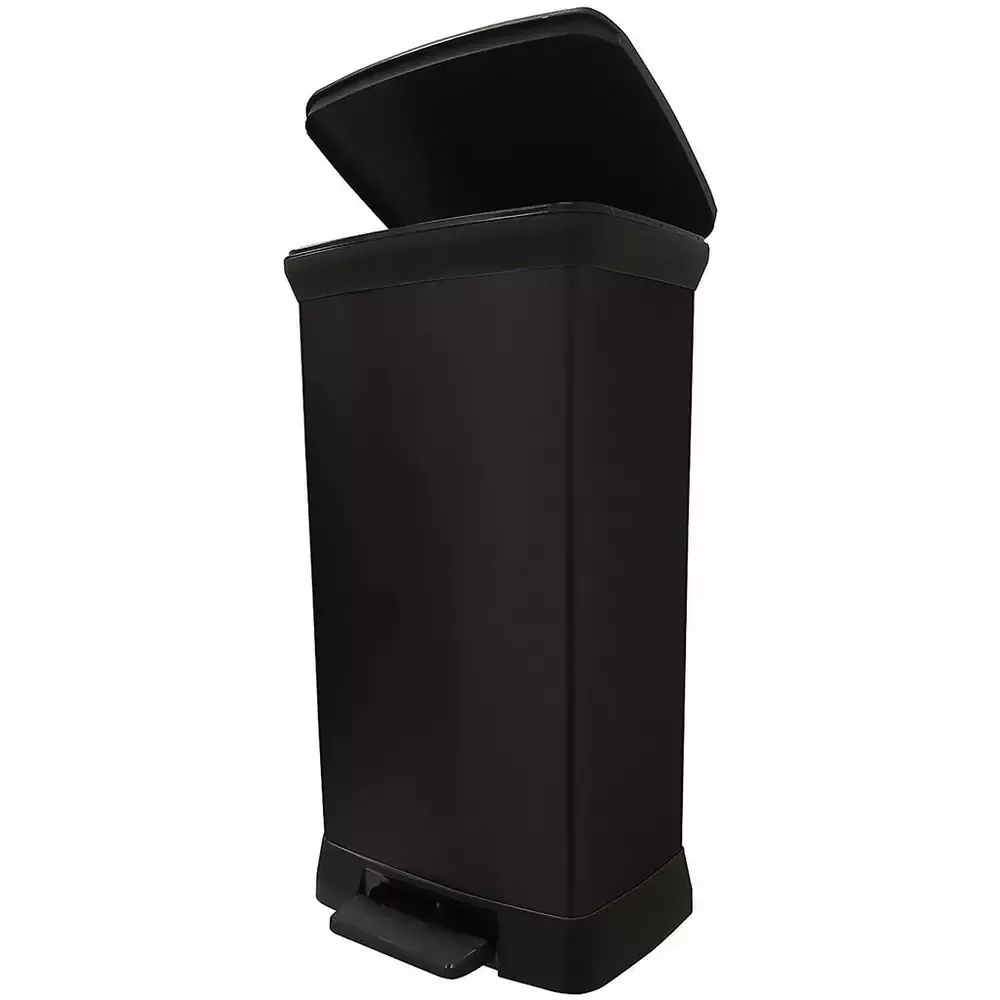
Image Source: Pinterest
Everything and anything that cannot be recycled you can throw into this particular bin. This would primarily be your rubbish bin.
Biodegradables don’t need recycling
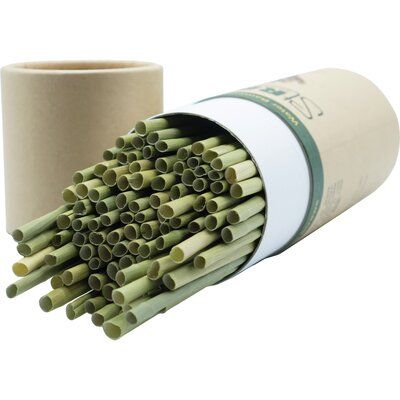
Image Source: Pinterest
We all know that biodegradable waste will break down over time. These materials are essential if you have a compost pile at home. In the instances that biodegradable material get tossed into the trash and end up in a landfill, they end up emitting greenhouse gases as they decompose.
The best solution for this is to start composting at home. If you do not like the idea of manually composting at home, then you may want to consider vermicomposting. Vermicomposting is composting on autopilot, all you need is a worm bin and a few hundred red worms to get started.
Everything with the recycle symbol is recyclable
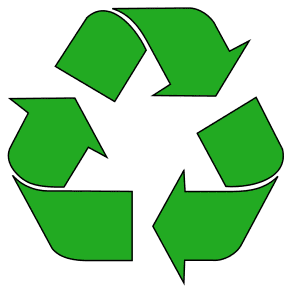
Image Source: Pinterest
Not all plastics with the recycle symbol can be recycled by your local recycling centre. Typically, plastics marked with either a one or a two inside the recycle symbol are the ones that are easily recycled.
However, recycling technologies are continuously improving and what was not recyclable before could be recycled now.
This depends entirely on the capabilities of your local recycling centre. For more information about what type of plastics they recycle enter your postcode on this site. You can also drop by or call your local recycling plant to get some clarification about the plastics they recycle.
Recycling cost more resources than it saves
It is true that picking up recyclable trash door to door does require some resources. The fuel used by the garbage trucks is well spent considering that goes to gathering valuable recyclable material.
The recyclable waste products would be processed at the recycling plant to remake new materials then. Recycling costs far less than having to mine for aluminium and processing that raw mineral into usable material for commercial purposes.
Did you know that recycling just one tin can saves enough energy to power your TV for three hours? It takes twenty-four trees to make one ton of paper. If you recycle paper, we can save up to seventy percent in energy costs.
Recycling is being pushed so local governments can profit
But how about collecting rainwater? That only benefits you, your garden, and the environment.
While it is true that local governments make some money from recycling, keep in mind the money that the government makes goes back to you in the form of local programs and projects.
The most prominent winner is actually you and the environment. Local governments push recycling because they see how cost effective it is in reproducing much-needed products.
They also see the tremendous benefits of reusing recyclable resources instead of spending more to manufacture said resources from scratch. The movement to recycle our waste products is seen as a necessity to avoid a future where our planet becomes one giant landfill.
Recycling doesn’t matter
Some have this mentality wherein they think recycling is a pointless endeavour. This recycling misconception stems from the inability of one to believe that they can make a difference. If one person leads by example and recycles all their trash correctly, other people will get inspired.
People will follow the lead of that one person, and that will trigger a wave of change. However, if one simply ignores the logic in recycling your waste, then that will also affect the people close to you negatively. Indifference is dangerous in the face of our planets ecological plea.
Try your best to recycle all your waste products. Merely rinse out the materials and throw into their respective bins. For your compostable waste, try creating your compost pile at home. This will provide you will rich compost for your garden.
Landfills are acceptable
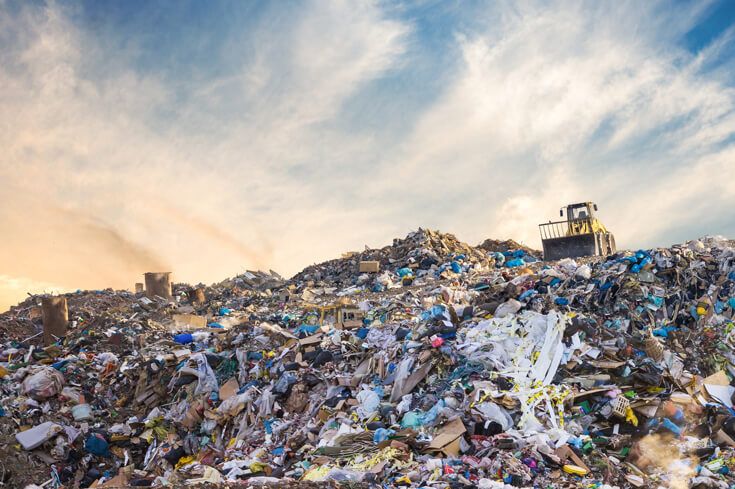
Image Source: Pinterest
For some reason, people have come to think that living near a mountain of garbage is harmless. This cannot be further from the truth. For plastic bottles dumped in a landfill, they take a thousand years to decompose.
Other materials take even longer to decompose. A simple gesture on your part can ensure that more trash won’t need to take up any more space on our planet. Trash left unchecked in landfills can contaminate the soil, air and water in the local area.
Conclusion:
Recycling can be confusing. It is always best to double check with your local recycling plant what their capabilities are. Ask what kind of plastics they can process and make sure to at least rinse these waste products before dumping them in the recycling bin.
Be aware that the simple act of recycling your waste products does make a big difference towards the betterment of the environment. Be the change and hopefully people close to you will see that and follow suit. We only have one planet lets try our best to take care of it.
For more amazing ideas you can have, visit Guy About Home today or you can check the related blogs:


